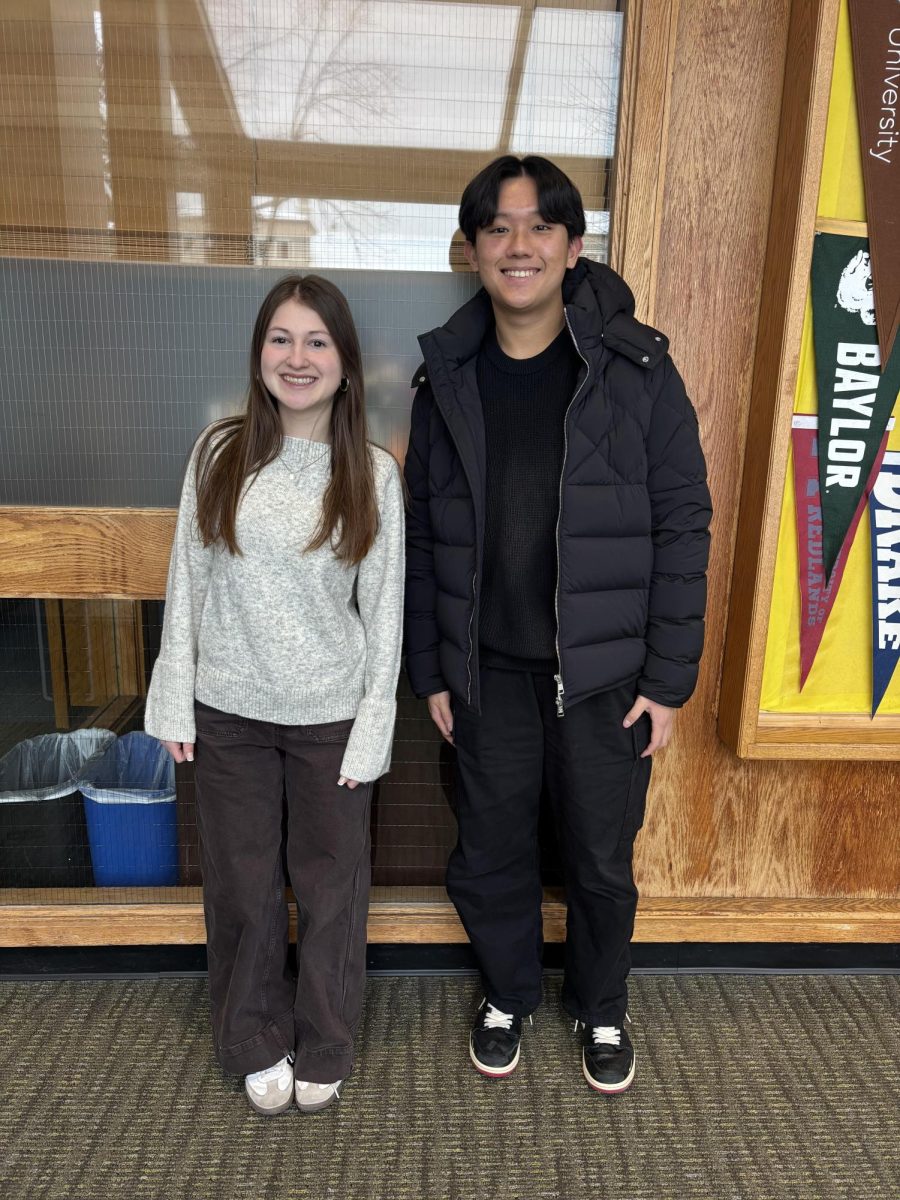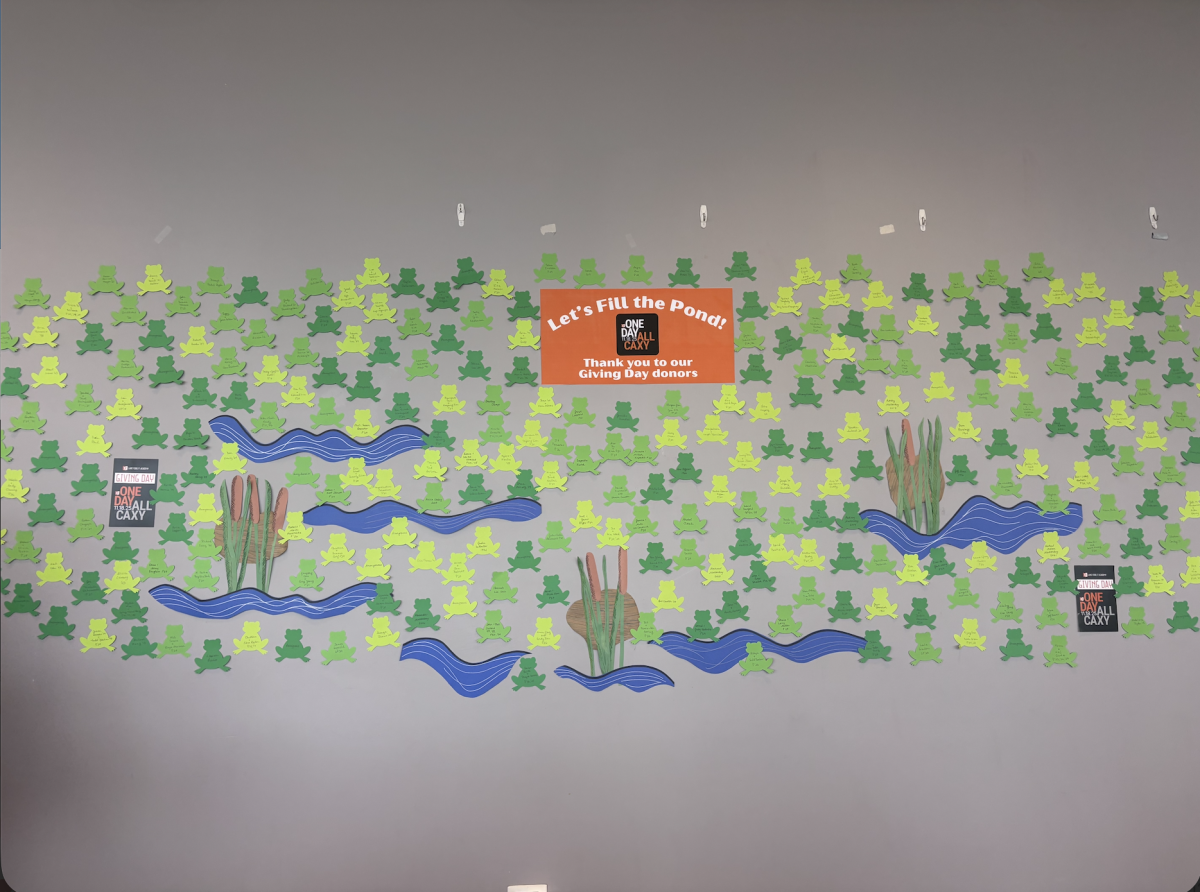Advanced Placement (AP) tests are standardized exams taken each May created by the College Board; the exams allow high school students to demonstrate college-level knowledge and, in many cases, earn college credit. Biology, U.S. History, Calculus, Literature and more, these challenging tests are a valuable addition to many students’ academic records. This year the College Board is making big changes.
Starting in 2025, most AP tests will be administered electronically, marking the first major break with paper testing.
Instead of writing essays by hand and scanning to evaluate them, students will take their tests on a computer through an online, secure testing platform. While some tests have already piloted this format – for example, AP Computer Science Principles– 2025 is rolling out more exams online such as AP Literature, AP U.S. History and AP English Language.
At Lake Forest Academy, students and teachers are adjusting to this new format. AP Literature teacher Mr. Freeman provided insight into how his class is adapting. “The transition this year is that it’s all digital now, which is presenting some difficulties, but also some opportunities,” Freeman said. One of the most welcome changes Freeman mentioned is, “Two hours to write three essays by hand is too much to ask–mentally and physically. So that’s a tremendous advantage.”
Freeman explained students like having the ability to type, but there have been some challenges. Particularly, not being able to read entire passages on the screen at a glance. “Years ago, you could read the entire poem or prose piece. Now, you can only read what you can fit on the screen,” Freeman said. “That’s the challenge, especially when thinking about how characters or ideas evolve throughout a passage.” However, he remains hopeful: “Our students are digital natives. What I see as potential pitfalls they think is no problem.”
To prepare his students for the digital AP Literature exam, Freeman has incrementally added more use of digital tools in class, with a substantial focus on the AP Classroom platform in April. Students are becoming familiar with the exam interface, practicing test questions and learning how to annotate texts with the platform’s tools. Although some students miss marking up paper copies, Freeman is confident that they are ready. “If they’re tired of the platform by May 7, that’s good,” he said. “It means they’ve practiced enough to feel confident.”
As more official exams make the shift to digital test taking, students across the country will have new test experiences; new opportunities make way to succeed in an approach that better simulates the way they already absorb and exchange knowledge in the digital era.









































